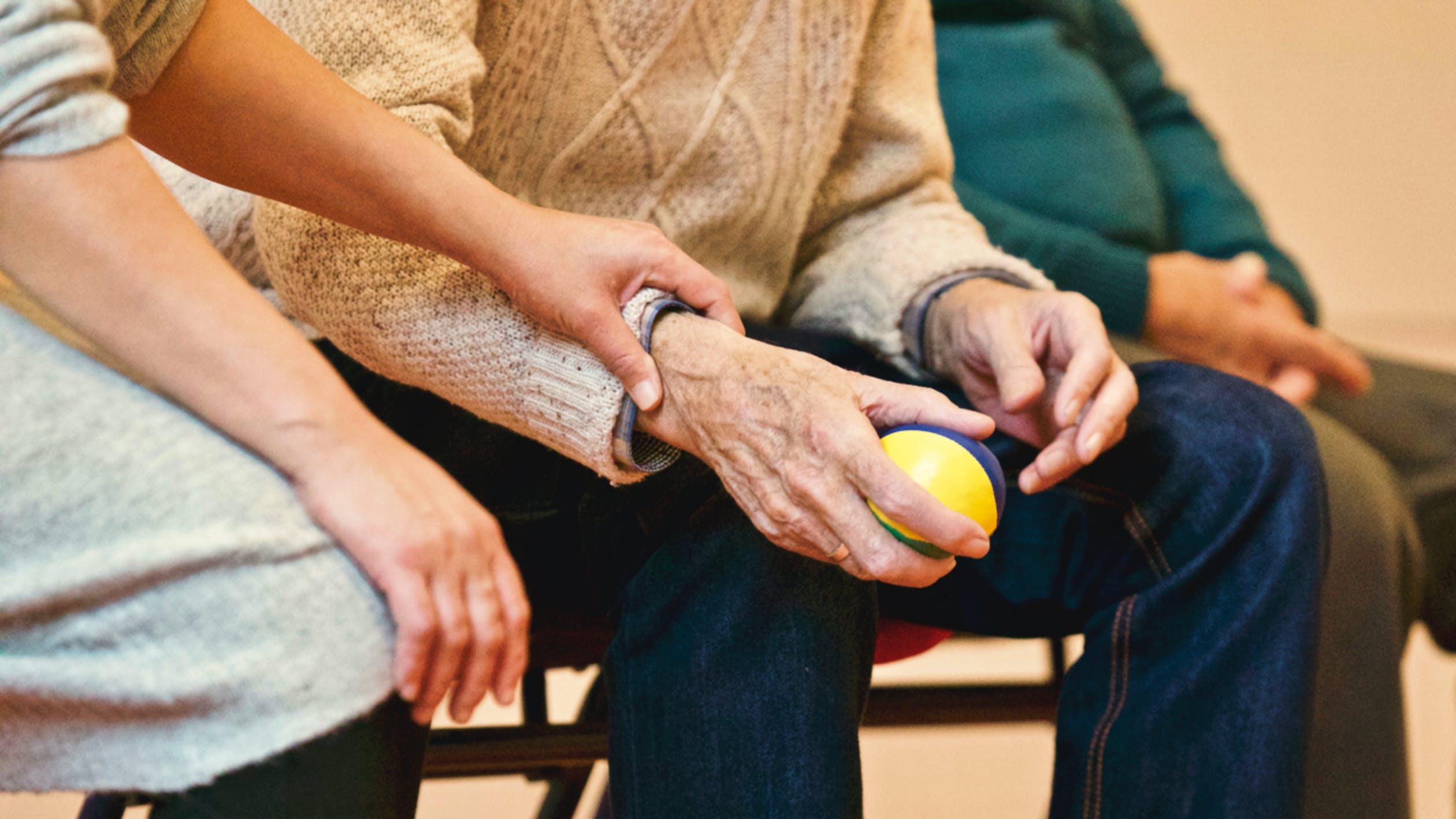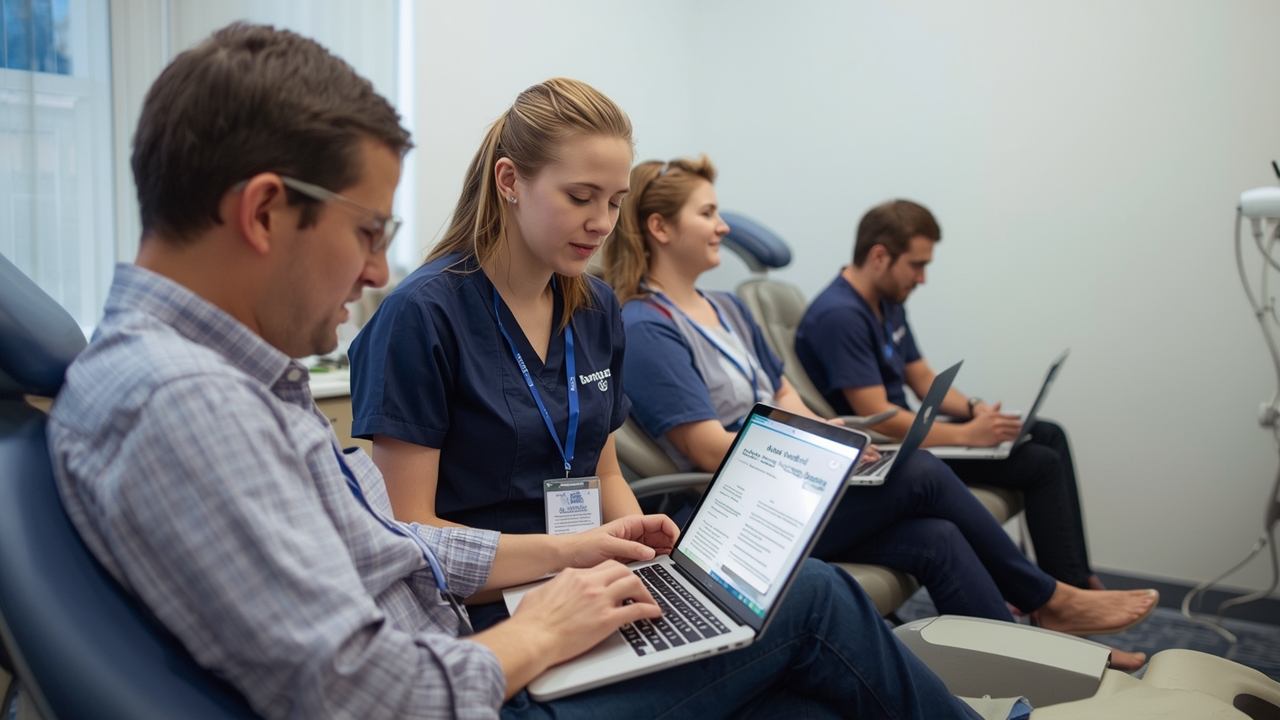Stepping Into the Vital Role of a Registered Nurse
As a registered nurse (RN), you serve at the heart of healthcare. Your compassion and expertise make a real difference in people’s lives. For many, the journey to become an RN starts with a desire to help others and a commitment to patient care. The path requires dedication, education, and a strong will to serve on the frontlines of medicine.
The Pathway: How to Become a Registered Nurse
To become a registered nurse, you need specific steps that guide your education and career. The process may seem complex, but it is structured to help you gain the skills and credentials needed to excel.
Education Requirements
You must choose an approved nursing program. There are three main types:
- Associate Degree in Nursing (ADN): Usually takes two years to complete at a community college.
- Bachelor of Science in Nursing (BSN): A four-year degree at a university or college. This pathway opens more career options.
- Diploma from a Hospital Nursing Program: Less common, often takes two to three years.
All options prepare you for the same licensing exam. Many hospitals now prefer or require a BSN for new nurses.
Passing the NCLEX-RN Exam
After completing your chosen program, you must pass the National Council Licensure Examination for Registered Nurses (NCLEX-RN). This exam tests your knowledge and readiness for entry-level nursing duties. Without this license, you cannot work as an RN in the United States.
Obtaining State Licensure
Every state has a Board of Nursing. You must apply for licensure in the state where you plan to practice. This process may include background checks and submitting transcripts.
Specialized Training and Career Growth for RNs
A registered nurse career can evolve in many ways. Hospitals, clinics, home care, and public health departments need skilled nurses. Some RNs move into advanced nursing roles, such as nurse practitioners or clinical nurse specialists. Others focus on specialties like emergency medicine, pediatrics, oncology, or surgery.
- Certification in specialties can improve your job options and salary.
- Master’s or doctoral degrees are needed for nurse educators and advanced practice registered nurses (APRNs).
- Continuing education is required for license renewal in many states.
The Daily Life and Challenges of Registered Nurses
On the frontline of care, you will encounter many types of medical situations. Your duties may include:
- Assessing and monitoring patient health
- Administering medications and treatments
- Working with doctors and other healthcare team members
- Supporting patients and families during difficult times
- Keeping medical records and following strict infection control protocols
You may work long shifts, including nights, weekends, or holidays. The job is both rewarding and demanding. Emotional resilience and strong communication skills help you succeed on the job.
Qualities That Make an RN a Frontline Hero
The journey to registered nursing is not just about education. Character matters. Successful RNs share these core qualities:
- Empathy: Understanding and sharing feelings of patients
- Adaptability: Quickly adjusting to changing situations
- Attention to Detail: Noticing subtle changes in patients’ conditions
- Physical Stamina: Handling long hours on your feet
- Teamwork: Collaborating with diverse healthcare professionals
Growth, Job Outlook, and Earning Potential
The demand for registered nurses continues to rise. According to the U.S. Bureau of Labor Statistics, nurse employment is expected to grow much faster than average for all occupations over the next decade. Hospitals, outpatient care centers, schools, and nursing homes all need qualified RNs.
The average registered nurse salary in the United States is about $81,220 per year as of 2022. Salaries can vary based on experience, location, education, and chosen specialties. (BLS RN Salary Data).
Support Systems and Resources for Nursing Students
You are not alone on this journey. Nursing schools, professional nursing organizations, and experienced mentors offer resources to help you succeed. Scholarships, study groups, and clinical internships provide valuable learning opportunities and support systems. Early career nurses benefit from orientation programs and ongoing mentorship.
Frequently Asked Questions
How long does it take to become a registered nurse?
It takes about two to four years to become a registered nurse, depending on whether you choose an associate degree or a bachelor’s degree program.
What is the NCLEX-RN exam?
The NCLEX-RN is a national licensing exam that tests your knowledge and skills to ensure you are ready for safe entry-level nursing practice.
What are the main duties of a registered nurse?
Registered nurses assess patients, give medications, support treatment plans, work with healthcare teams, and care for patient well-being.
Are there different specialties for registered nurses?
Yes, registered nurses can specialize in fields like emergency care, pediatrics, intensive care, oncology, surgery, and mental health.
How much do registered nurses earn in the US?
Registered nurses in the United States earn an average yearly salary of about $81,220, depending on education, experience, and location.














.svg)



